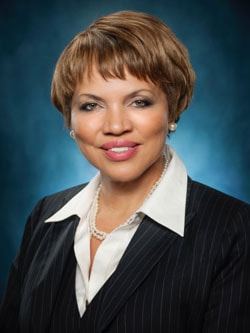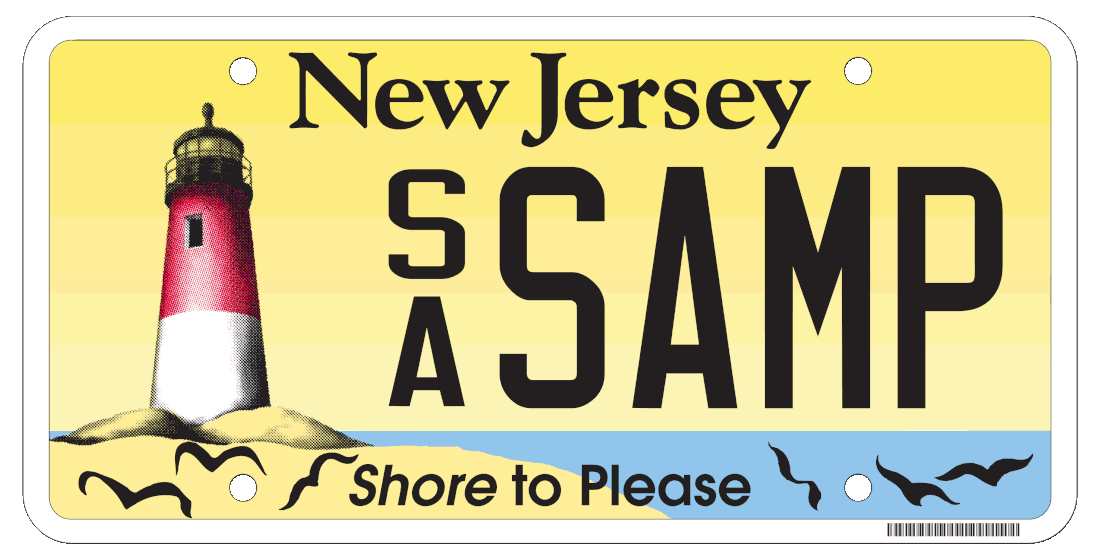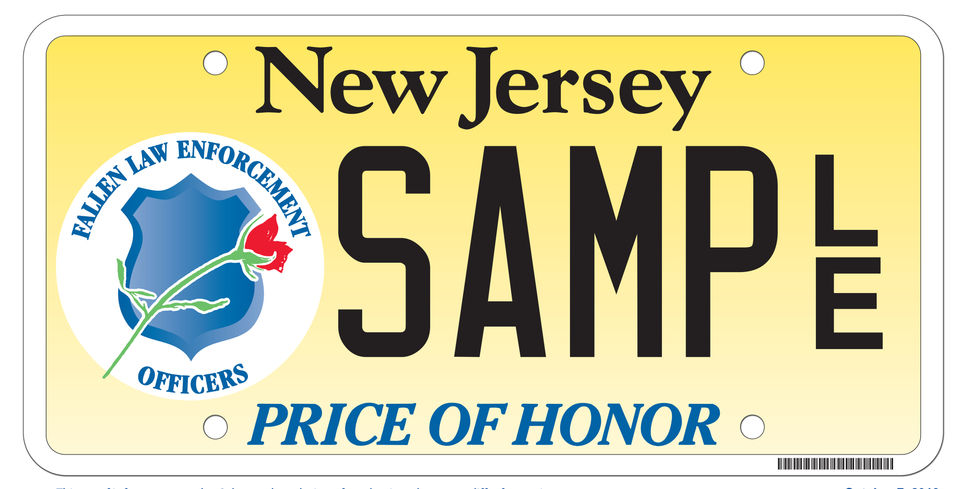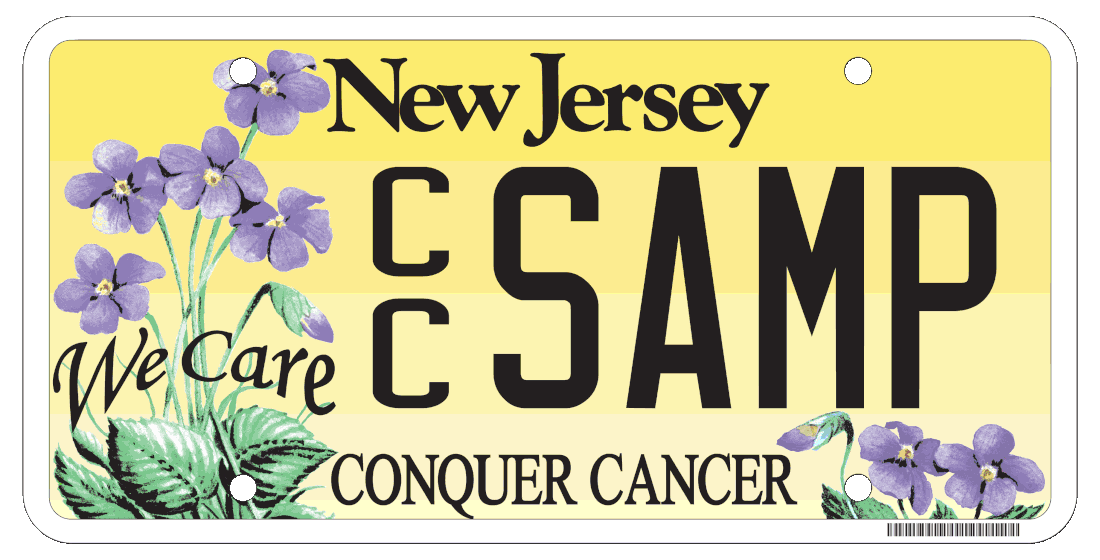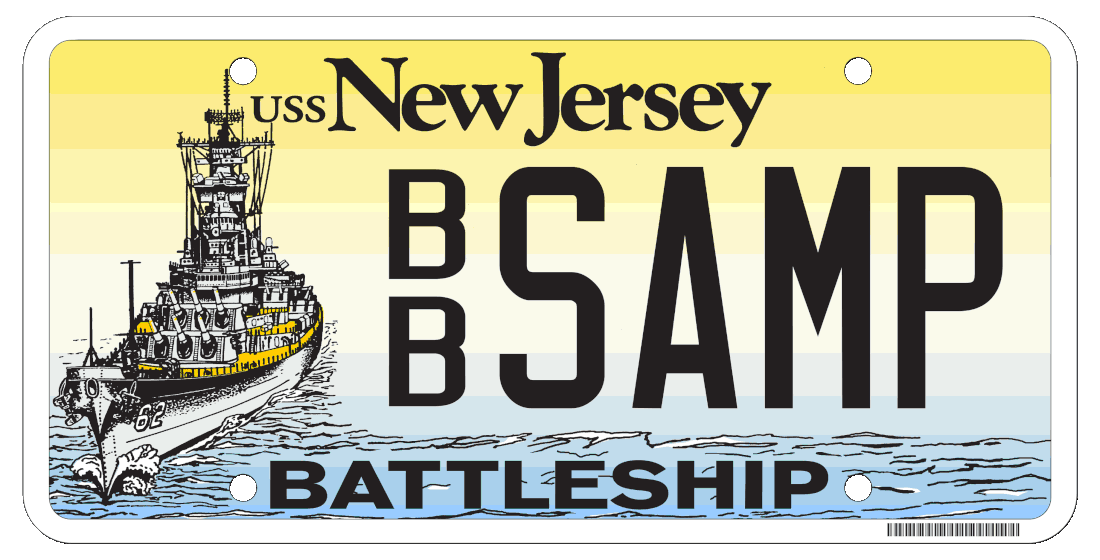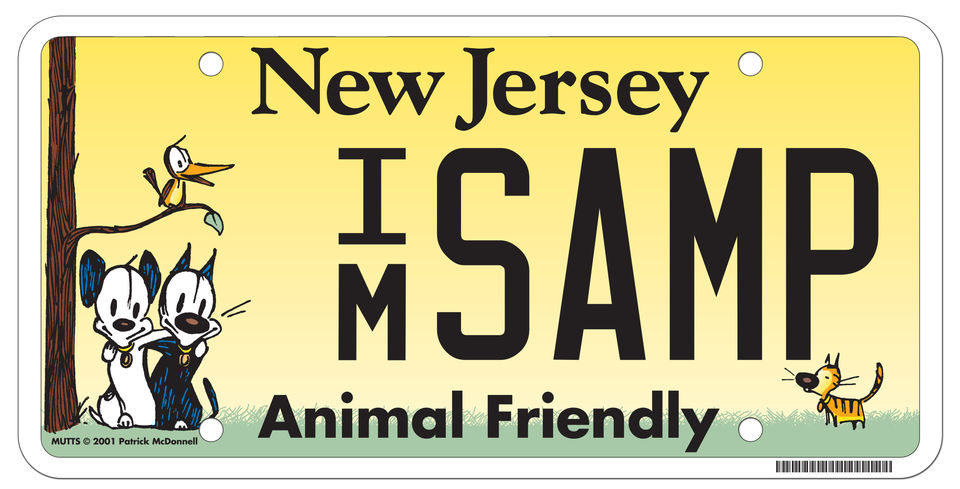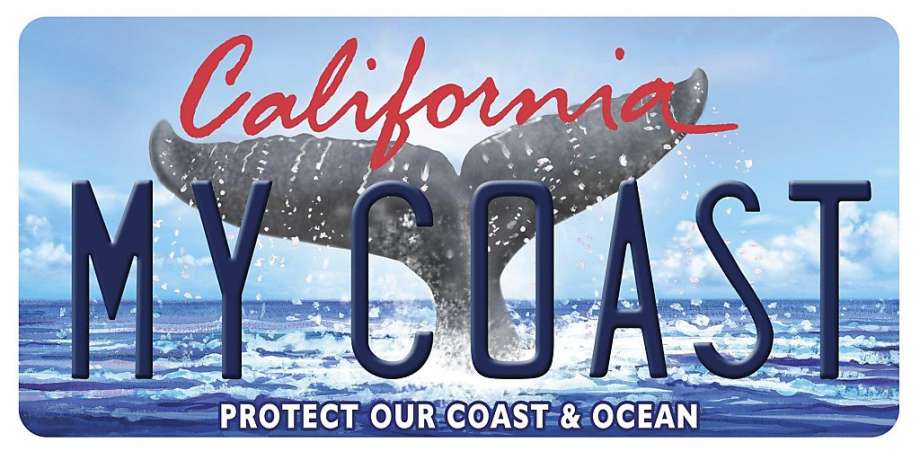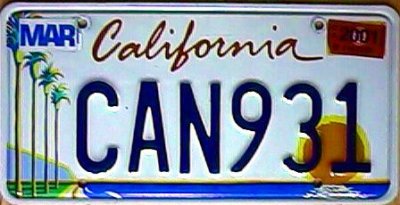 According to 'The Richest', former Beatles Paul McCartney is the richest rockstar of 2019. With a net worth of $1.2 billion,” the wealth website’s Vanessa Elle writes, “he is one of the most successful rock stars not just of 2019, but of all time.” “Providing co-lead vocals and bass guitar for the group,” she continues, “McCartney rose to global fame through the Beatles and then went on to release other music after the band broke up. Today, he still performs shows for his fans (and they’re kind of expensive).“ “McCartney is a philanthropist,” she concludes, “and is especially interested in helping charities involved with animal rights, land mines, poverty, music education, and vegetarianism.” McCartney’s $1.2 billion fortune isn’t just something he’s arrived at through ticket sales and Beatles royalties alone. In a recent interview with Billboard, Paul outlined some of his other financial endeavors including the acquisition of a large catalog of classic holiday songs he purchased at the instance of first wife Linda McCartney‘s father Lee Eastman and brother John while the pair were managing McCartney in the early 1970s. “If you’re in it, why not win it?” McCartney told the magazine. Fellow Beatle Ringo Starr also made the Richest list at #6, with an estimated net worth of $350 million. Not bad for two lads from Liverpool. Top 10 Richest Rockstar List, 2019:
0 Comments
 Senator Keith Perry (R-Gainesville/Ocala) has filed SB 860 on 11/12/19 which proposes to restructure the application process for the creation of new specialty plates in Florida. Senator Perry served in the House from 2010 to 2016 and is in his 4th year in the Florida Senate. He was born in Tallahassee and is the founder and CEO of Perry Roofing Contractors. Currently, in order to create a specialty license p[late in Florida, it requires legislative approval. In fact 28 new plates are attempting to be created during the same session, many of which have failed on numerous occasions in the past 5 years. Senator Perry's bill proposes that the Department of Motor Vehicles would be solely responsible for the creation of a new specialty license plate, with the provision that the new plate must get a minimum of 2,000 voucher sales within 24 months and a maximum cap at 125 specialty plates at any one time. Currently Florida has 122. The bill also provides that current specialty plates will be de-listed if total plates are less than 1,000 current plates (or 2,000 in a later conflicting section of the bill) for 12 months and collegiate plates are not excluded. This could pave the way for 30 new specialty plates. The full gallery of available Florida specialty license plates can be viewed by clicking here. Florida DMV does not have the facility to order specialty license plates online, however, they can be ordered at MyFloridaSpecialtyPlate.com. 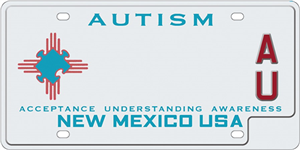 A state legislator in New Mexico wants to also make it easier for organizations looking to create a specialty New Mexico specialty license plate. State Representative Patricio Ruiloba D-Albuquerque, a former police officer, wants to streamline the process for these groups by requiring them to go through the MVD instead of the state legislature. He introduced this proposal last week at a transportation subcommittee meeting. Right now, there are more than 40 specialty plates available in New Mexico. Ruiloba says the wide variety is a point of pride for the state. “It’s welcoming in New Mexico because of our diversity to have different kinds of license plates to express our culture and many of the organizations that support New Mexico and I think we just need to find a better way to accommodate those needs,” Ruiloba said. He says there will likely be other license plate-related legislation coming up this session, including more talks of potentially requiring a front license plate.
According to Forbes, Feeding America raised $2.7 billion in Fiscal Year ending June 2017, second in rank only to United Way Worldwide, based in Alexandria, Virginia, raising $3.92 billion. Third was Americares Foundation, based in Stamford Connecticut, raising $2.38 billion. Opelousas, Louisiana native Claire Babineaux-Fontenot, 54, took over as CEO of Feeding America. Ms. Babineaux-Fontenot is the Founder of CBF Consulting Group, LLC located in Dallas, Texas. She had previously worked with Wal-Mart for 14 years and her most recent role was Executive Vice President and Global Treasurer for 14 years. She is the only female 'top person' in the Forbes Top Ten Charities 2018. Led by Michael Nyenhuis, Americares' highest paid person received $448,864.00, Feeding America paid their top person, $707,580.00 and United Way Worldwide, led by Brian Gallagher, paid their top person $1,223,823.00.
Number 9 ranked Boys & Girls Club of America, based in Atlanta, Georgia, led by James Clark, raised $2,037,000.00 and paid their top person $847,189.00. Number 8 ranked Habitat for Humanity, based in Americus, Georgia, raised $1,986,000.00, led by Jonathan Reckford and paid their top person $372,969.00. Number 7 ranked Direct Relief was the only west-coast based organization, headquartered in Santa Barbara, California and raised $1,238,000.00, led by Thomas Tighe, and they paid their top person $466,357.00. Food for the Poor was ranked at 11, raising $948,000.00, led by Robin Mahfood. Based in Coconut Creek, Florida, Food for the Poor is a Christian relief agency specializing in providing donated goods to the needy in Latin America and the Caribbean. They paid their top person $470,120.00. Mahfood has been described as a “spiritual businessman with a true heart for the poor.” With his extensive background in commerce and his in-depth knowledge of the West Indies, Mahfood brings his compassion for the poor to the forefront as Food For The Poor’s leader. At #34, Feed the Children, a foreign relief agency whose contributions consist of cash and donated goods, raised $417,000.00, led by Travis Arnold, and paid their top person $509,348.00. At #87, the Midwest Food Bank raised $167 million, led by David Kieser and paid their top person $92,157.00. At #96, the March of Dimes Foundation raised $159 million, led by Stacey Stewart, and paid their top person $598,426.00. In Florida, according to their Form 990 for FY 2016, ending 6/30/2017, Feeding Florida, Inc. raised $2.8 million and paid their Executive Director, Robin Safley, $131,740.00. In 2015, according to their Form 990 for FY 2015, ending 6/30/2016, Feeding Florida, Inc. raised $3.2 million and paid their Executive Director, Rebecca Brislain $86,819.00.  "Come on you Whites" "Come on you Whites" A U.S. judge ruled a soccer fan can sue the California Department of Motor Vehicles and claim it violated his freedom of speech by rejecting his request for a personalized license plate. Jonathan Kotler, a devoted fan of Britain’s Fulham Football Club, sued the DMV after it refused to issue him a license plate lettered “COYW,” short for “Come On You Whites” and the fans’ regular chant for their white-jerseyed players. The DMV told Kotler the lettering has “connotations offensive to good taste and decency.” U.S. District Judge George Wu in Los Angeles refused to dismiss the lawsuit by Kotler, a University of Southern California journalism law professor. California sought the dismissal, saying all vehicle license plates constitute speech by the government. Wu disagreed. With thousands of differently lettered plates issued each year, “it strains believability to argue that viewers perceive the government as speaking through personalized vanity plates,” the judge said about the DMV’s contention. DMV regulations define “offensive” plates as including those with any sexual connotation, as well as any term that is vulgar, racist, profane, insulting or degrading. Wu noted in his ruling that British media refer to the Fulham club as “the Whites” while Chelsea, another London soccer club, is known as “the Blues,” for the color of its jerseys. New Zealand’s national rugby team is the “All Blacks.” In court filings, state lawyers argued that the public knows the DMV approves messages on license plates and would assume that those messages came from the state. The DMV declined to comment on Wu’s ruling. According to the latest-available employment data by Johns Hopkins University researchers, for the first time ever, the nonprofit world’s work force is larger than the manufacturing industry work force. Nonprofits had an estimated 12,488,563 workers on their payrolls in 2017, manufacturing companies had 12,456,203 workers. The data in the study includes all workers — full-time, part-time, and contractors.
Hotels, restaurants, and other entities that involve providing lodging or food services have a larger labor pool than nonprofits, at 13.7 million workers, and employees at retail stores number 15.9 million. According to the study, nonprofit workers now account for about 10.2% of the United States national work force, easily exceeding other industries such as construction (7.1 million) and finance and insurance (5.9 million). The nonprofit world has been growing faster than the for-profit work force for several years. The nonprofit world’s overtaking of manufacturing is also partly the result of a slow-growing manufacturing industry. From 2016 to 2017, the number of nonprofit workers increased by almost 2 percent, while the number of employees in the business world increased by 1.5 percent. Another nuance of the study showed that rural areas have higher nonprofit shares of employment than do the smaller urban or metropolitan areas. In smaller metropolitan areas, nonprofit workers account for about 7% of the work force. In rural areas, they account for 8.7%. However, in a separate study, the repercussions of low pay within the nonprofits themselves, create high turnover and difficulties in hiring employees from diverse backgrounds to carry out their missions. Some nonprofits are taking steps to offer better pay and benefits, sabbaticals, and professional development for all workers, not just senior leaders. But only thirteen people of color and 29 women head the nation’s 100 biggest nonprofits — and all the rest are led by white men, according to an exclusive analysis conducted by Michael Theis for the Chronicle of Philanthropy. The New Jersey Motor Vehicle Commission offers 17 dedicated plates that cost $50 for the initial purchase and an additional $10 a year that goes to causes ranging from supporting parks to endangered species to helping children of fallen law enforcement officers. The Battleship New Jersey plate has a $15 annual renewal fee and the Garden State agriculture plate carries no renewal fee, but it costs $70 to buy. Some plates issued in the past for specific causes have been discontinued because of lack of sales. The MVC initially resisted issuing "Choose Life" plates requested by the Children First Foundation to promote adoption because it was seen as weighing in on the more controversial abortion issue, but in 2010, the plate was made available. While MVC officials said that plate is still offered, sale figures were not included among statistics the commission provided to the state legislature earlier this year. It also is not listed on the MVC website with other dedicated plates. Top Selling Plates for 2018: 1. Shore to Please (43,763). With 130 miles of oceanfront coastline, proceeds support special New Jersey shore cleanup programs. 2. Law Enforcement Memorial (31,262). This license plate is a visible and financial show of support for families of police officers who made the ultimate sacrifice. The proceeds help fund scholarships for children of officers who died in the line of duty. The scholarship is administered by the New Jersey Higher Education Student Assistance Authority. 3. Conquer Cancer (19,356). Helps the fight to find a cure and express visible support to others fighting the disease. Proceeds from the plate help the New Jersey Commission on Cancer Research support cancer research projects in the state. 4. USS New Jersey/ ‘Battleship’ (14,447). The historic World War II battleship preserved in Camden. Built in 1943, the Battleship New Jersey was decommissioned in 1991. Proceeds from sales help support the battleship's restoration and exhibition through the Battleship New Jersey Museum and Memorial. Last year, sales increased 4,628 increase from 2017 sales. 5. Animal Friendly (13,295). The letters IM are placed so the plates read “I’m animal friendly” and proceeds benefit low cost neutering and spaying programs in the state. This is the second version of this popular plate. The first 1995 version featured a dog and cat and paw prints as the design. Wildlife Conservation (Bald Eagle) sold 10,132, United We Stand 9,742, Agriculture/Garden State 7,166, Treasure our Trees 3,838 and Pinelands 3,599, round out the top 10. Sales of the Pinelands plate literally contribute to more Pinelands by helping to buy more land for the Pinelands National Reserve that spans seven southern counties.
 An organization on the cutting edge of nonprofits using technology is now innovating in its campaign for growth. TechSoup, which provides technology systems and assistance to charities around the world, is raising $11.5 million to increase the services it offers and the number of groups it serves. The organization is seeking both outright gifts and debt investments. A big part of the campaign is its direct public offering, which includes three tiers of debt investments. Individuals can invest small amounts, even if they’re not accredited investors, which is not the case with many impact investments. "It’s kind of like crowdfunding meets impact investment," says TechSoup’s CEO, Rebecca Masisak. The first tier of TechSoup’s offering lets supporters buy notes of $50 to $2,499. At the end of the term, investors will get their principal back along with 2 percent interest. The middle tier allows supporters to buy five-year notes of $2,500 to $49,999 at an interest rate of 3.5 percent. The third tier allows accredited investors and institutions to buy five-year notes of $50,000 or more at an interest rate of 5 percent. Paying Back Investors TechSoup believes the offering marks the first time the Securities and Exchange Commission has qualified a nonprofit to raise funds nationally through something called a Regulation A+/Tier 2 offering. Grants to fund specific programs are great, but it’s very difficult for an organization to expand its efforts using restricted money, Masisak says. Money the nonprofit earns from fees for products and services currently makes up 95 percent of TechSoup’s budget. The debt the organization raises will help it expand its services and earned income, which will allow it to pay back investors. "This capital, which will be unrestricted, will allow us to grow these new services, bring the impact, but also will financially make us stronger and allow for the returns." So far, more than $8 million has been committed to TechSoup’s growth campaign, almost all in the form of debt. The drive got a big boost today when VMware, a cloud-computing company in the Bay Area, announced a $2.5 million recoverable grant. (Recoverable grants are also known as forgivable loans. There is no possibility of default if the recipient cannot repay the money.) "It was really powerful to invest in TechSoup’s own organizational transformation, knowing that ripple effect that they have with the nonprofits that they serve," says Jessamine Chin, director of the VMware Foundation. "They have a strong reputation in this space for being forward thinking." Making a recoverable grant in TechSoup rather than an outright grant has been a learning opportunity for the VMware Foundation, Chin says. Grant makers think about potential grantees’ financial strength, she says, but that was magnified in this case as leaders discussed TechSoup’s ability to repay. "This is a new approach. I appreciate how inclusive they been to have not just having institutional investors but also including community members," she says. "It’ll also be interesting to see if other organizations choose to follow TechSoup’s path." Cloud Computing and A.I. TechSoup says its growth campaign is important because of transformation in digital technology. There was a time when TechSoup mailed free and discounted software to nonprofits, but the technology landscape has evolved significantly since then, says Masisak. Now organizations are dealing with cloud computing, artificial intelligence, blockchain, and more. "We feel like there’s so much need and so much opportunity to do more with technology for the sector," Masisak says. "We don’t want the sector to fall even further behind." Nicole Wallace has been reporting on nonprofits for the Chronicle for more than 20 years. Her areas of expertise include data, technology, fundraising, and innovation. In March, Nicole wrote about the use of artificial intelligence in fundraising. More info: Click here 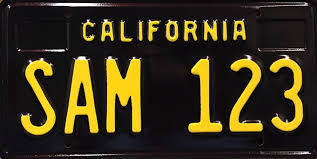 California Legacy License Plate California Legacy License Plate With the Legacy plate now passing over $27 million with 669,083 plates in circulation as of December 1, 2018, compared to $23,853,384 (450,955) in 2017, other California special interest plates have shown a significant decline. The Coastal Commission’s 'Whale Tail’ plate dropped from $6,054,721 (82,805 plates) in 2017 to $5,286,907 (79,934 plates) in 2018; the ‘Kids’ plate has dropped from $4,524,346 (109,967 plates) to $3,960,927 (107,721 plates); and the ‘Arts’ plate has dropped from $3,773,030 (52,840) to $3,297,539 (50,485). The only plates seeing an increase in sales from 2017 to 2018 are the newly introduced Breast Cancer Awareness ‘Pink’ plate, the Museum ‘Snoopy’ plate. The reason for this could well be the influence of the cost of personalizing the specific plate. While every specialty plate requires an additional $50.00 fee to personalize the plate (known as the ‘Environmental License Plate Fund’ fee, which goes to the environmental fund, which is the same as where all of the funds from the Legacy plates go), the Legacy plate does not require the additional fee. So instead of it costing $103.00 for a personalized plate, the Legacy plate only costs $50.00 whether personalized or not. It also provides a ‘blank’ black canvas for the yellow lettering for personalizations up to 7 characters. As much as the environmental fund is a great cause, so are the other causes supported by the other specialty license plates and all the while they are being charged extra, there will probably be a continued decline in their sales. Maybe it’s time to level the playing field and remove the ELP Fund fee for personalizing other specialty plates, since the ELP Fund is certainly doing very well with $27 million and counting in annual fees now going into that fund through the Legacy plate? 51% of Fundraisers Plan to Leave Their Jobs by 2021, Says New Survey - Michael Towner, Iconic Legacy8/20/2019 Too much pressure to meet unrealistic fundraising goals, coupled with too little pay and frustrating organizational cultures, is driving away fundraisers, according to a new Chronicle of Philanthropy survey. Half of all fundraisers surveyed expect to leave their jobs in the next two years, the report says. Even more alarming, 3 in 10 said they had recently left or plan to leave the development field altogether in the next two years. While the large number of baby boomers in fundraising could account for some of that, it’s hardly the main source; only 12% said they planned to retire or had family changes or other personal reasons for quitting. The new figures come from a survey of 1,035 fundraisers in the United States and Canada, conducted by Harris Insights & Analytics, through the Harris Poll, for the Chronicle and the Association of Fundraising Professionals. The online questionnaire asked survey participants about their job satisfaction; 5% of the survey takers included people who had left fundraising altogether within the past five years. Too Much Pressure, Too Little Appreciation
The new data shows that even after a widely shared study in 2013 sent a warning signal to nonprofit leaders about the anxiety and unhappiness of fundraisers, little has improved. Half of the top development officers in that survey, “Underdeveloped,” conducted by CompassPoint and the Evelyn & Walter Haas Jr. Fund, said they were considering leaving their jobs. The reasons the revolving door keeps spinning are numerous, our survey shows. But two findings stand out: 84 percent of fundraisers said they felt “tremendous pressure to succeed” in their role. 55% said they “often feel unappreciated” in their work. Seeing an unpromising future at a job can stir a fundraiser’s restlessness, according to the survey results. At the jobs they left most recently, they were likeliest to be dissatisfied with their prospects for promotion (85 percent) or a lack of succession planning (83 percent). Seeking More Time With Donors The new survey did highlight some bright spots. Among them: Fundraisers are driven by mission; 93% of survey participants said they couldn’t work for a charity if they didn’t have a strong connection to the cause. They’re happy with their travel schedule (92%). They appreciate their organization’s flexibility regarding their family and child-care issues. They are satisfied with their level of independence in their jobs (83%), and the same share said they’re happy with their relationship with their charity’s volunteers (excluding board members). In addition, fundraisers relish working with donors: 78% said they wished they had more time to spend meeting with supporters. The survey provides valuable insights into how fundraisers feel about their work. “It helps us put a number on what we’re hearing anecdotally,” says Michael Nilsen, vice president for communications and public policy at the Association for Fundraising Professionals. But those donors are changing, the survey found. Compared with five years ago: Supporters want more information on their gifts’ impact, according to 92% of participants They’re more aware of social issues (85%) And donors are more likely to earmark their gifts for specific programs (77%) Respondents also said that fundraising is getting harder: 1 in 3 said donations to their charity had dropped in the past two years. The latest “Giving USA” figures showed philanthropy over all down 1.7% in 2018 compared with the previous year — including a 3.4% drop in giving by individuals. More info: click here  Records show the Florida Department of Highway Safety and Motor Vehicles (FHSMV) made $77 million in 2017 by selling drivers' personal information to more than 30 private companies, including marketing firms, bill collectors, insurance companies and data brokers — and made Now, one Lakeland woman says she received an onslaught of robocalls, and direct mail offers as a result. Sonia Arvin lives with her twin sister, Tonia Baston, who just moved from Idaho. Arvin takes care of Baston, who has an intellectual disability, and is her legal guardian. "We took her to get an ID because she's a Medicaid patient," Arvin said. Days later, Arvin said Batson started receiving direct mail offers for lawn service, credit cards, cell phones and insurance. They now receive constant robocalls, and salespeople have even started showing up at their door. In Idaho, Batson lived in a group home where someone else handled her finances, daily living and healthcare arrangements. She had no digital footprint because she can't read or write. That's why Arvin wanted to know how marketers got her sister's personal information. "The only one that had it was the (FHSMV)," Arvin said. "Even if it's a public record in Florida – if we tell them we want it private, it should be kept private." While the FHSMV sells driver data to private companies, those companies are not permitted to use that data for marketing purposes. Once FHSMV officials were alerted to Baston's case, the state opened an investigation. It turns out that not every company plays by the rules. Florida says it has banned data sales to three companies since 2017 for misusing driver and ID cardholder information. Under the law, FHSMV must provide driver information but said federal privacy laws and its own rules limit how outside companies can access Florida residents' personal information. Read the state's privacy statement by clicking here. One of the data brokers accessing Florida DMV information is Arkansas-based marketing firm Acxiom, which has an agreement with the state to buy driver and ID cardholder data for one cent per record. On its website, Acxiom claims it has collected information from almost every adult in the United States. "Acxiom provides clients with access to 2.5 billion customers and two-thirds of the world's population," a promotional video on Acxiom's website says. The video also claims the company has a client list that includes banks, automakers and department stores. When asked how Axicom is using Florida drivers information, a company spokesperson declined an on-camera interview but provided a statement through email. "Acxiom acquires information from a variety of sources to inform its marketing and commercial products, including Acxiom's identity verification and fraud prevention products. We maintain all information in strict compliance with state and federal laws. But because sound data governance, including ethical and responsible use of information, is foundational to our business, we go beyond legal compliance to ensure additional transparency and clarity for consumers. To learn more about Acxiom's products, and the choices consumers have regarding the use of their information, please visit Acxiom.com." Miami attorney Al Saikali, who advises his clients how to legally and ethically use public data for commercial purposes, said his clients are increasingly using public records laws to obtain information for a cheap price. "We're only going to see this continue over time. Companies are going to continue to seek more data about you," Saikali said. "Companies are essentially paying for information, for leads, for lead generation." Saikali said consumers can limit the number of marketers contacting them by setting up a secondary email account to give government agencies — which are only checked periodically for renewal notices and other important information — and only giving a telephone number to government agencies when it's necessary. A state spokesperson said there's no way for drivers to opt-out if they don't want their personal information sold. "The Florida Department of Highway Safety and Motor Vehicles provides public records as legally required, in accordance with federal and state law, and as a necessary function in order for customers to efficiently conduct everyday business. The department has successfully instituted proactive security measures to ensure customer information is protected and any misuse of customer information will be pursued to the fullest extent of the law." |
BLOGArchives
January 2025
Categories
All
|
